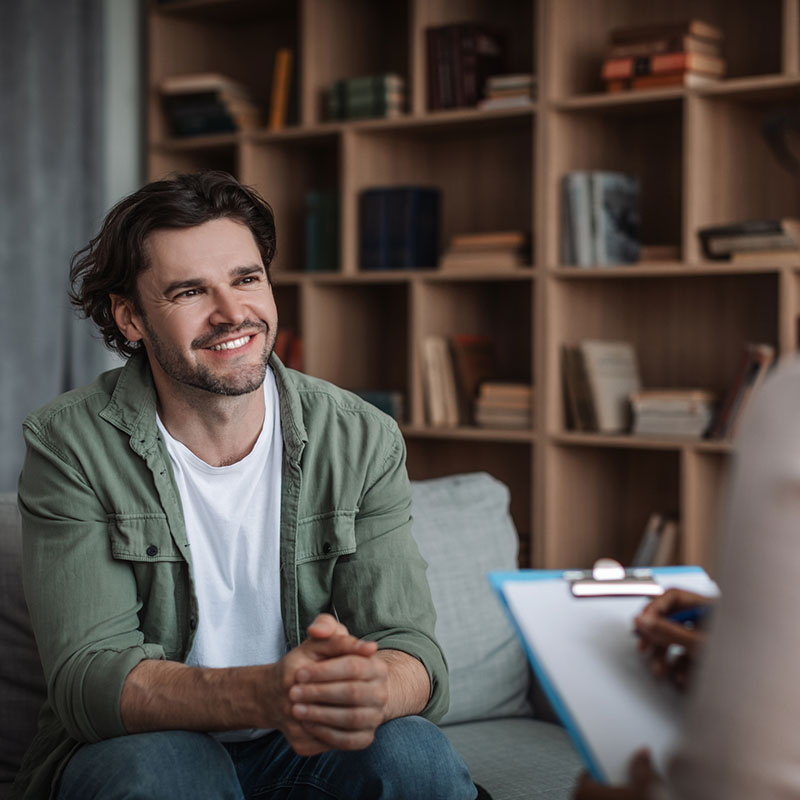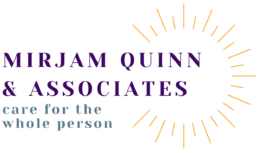


Training Department
The training department – with loving thanks to Dr. Rebecca Davis Merritt, Dr. Betsy Hoza, Dr. Dale Crowder, Dr. David Rollock, Dr. Keith Magnus, Dr. Claire Wittels, Dr. Ann Lovko, Dr. Ken Lovko, and Dr. Bill Kronenberger.
Therapy is a science, but it is also an art. A good therapist needs a strong research base, and lots and lots of book learning, in order to make sure that the therapy interventions that he or she is using are ones that will actually be effective in making a difference in a client’s life. But a good therapist also needs a strong base in “soft skills” – learning how to connect, how to see and honor the whole person, how to be present, how to listen, and how to gently hold grief and anger and sadness and fear. There are countless books that attempt to quantify and teach these “soft skills.” But ultimately, you can really only learn them by watching how someone who has mastered them practices them, and then practicing yourself. At this practice, we have had the honor of learning from some of the best, and while this is a debt that can never be repaid, we want to give our time and talent to help raise the next generation of therapists in our turn.
Therapy Practicum
Over the past five years, we have been lucky enough to work with some of the finest clinical psychology and marriage and family therapy graduate students in the Chicagoland area as they complete their diagnostic and therapy practicum years. Some of them have even stayed on as therapists after graduation!
Our supervisory team for practicum students is composed of Dr. Quinn, Dr. Oganovich, Dr. Cobb, Dr. Cusack, and Dr. Saripalli. Each student clinician receives two hours of individual supervision with their primary supervisor, and one hour of group supervision with the staff as a whole, per week.
We offer a therapy track for practicum. Students on the therapy track generally spend two to three days per week seeing clients for therapy.
Mirjam Quinn and Associates will be following ACEPT guidelines and dates for the 2026-2027 Practicum Training Year recruitment process.
Postdoctoral Training
We are pleased to announce that The Mirjam Quinn and Associates Post-Doctoral Fellowship Program is an APPIC Member (9028) as of November 2023! We plan to abide by the APPIC Post-Doctoral Selection Standards and Common Hold Date of February 23, 2026. However, if we are unable to fill both positions by this date, we will move forward with recruiting beyond the APPIC process. If you have questions about our openings, please reach out to our Training Director, Dr. Vara Saripalli at vsaripalli@mqatherapy.com.
We offer two postdoctoral positions at a time. These are full-time, W2 positions with excellent health, vision, and dental insurance as well as an option for an employer-matched 401(k) and on-site childcare. Specialized training in assessment and PCIT are available. Post-Doctoral Fellows generally spend 4 days per week seeing clients for therapy, while receiving an hour of individual supervision and two hours of group supervision per week. Our training year will begin on 8/31/2026.
If you’d like to learn more about our program, please download the PDF of our training brochure or visit our page on the APPIC directory portal at this link: https://membership.appic.org/directory/display/3166
Prospective post-doctoral fellows can apply to our program via the APPA CAS system. This service is free to the applicant. Information about the applicant portal can be found at this link: https://www.appic.org/Postdocs/APPA-CAS-Postdoc-Application-Information
